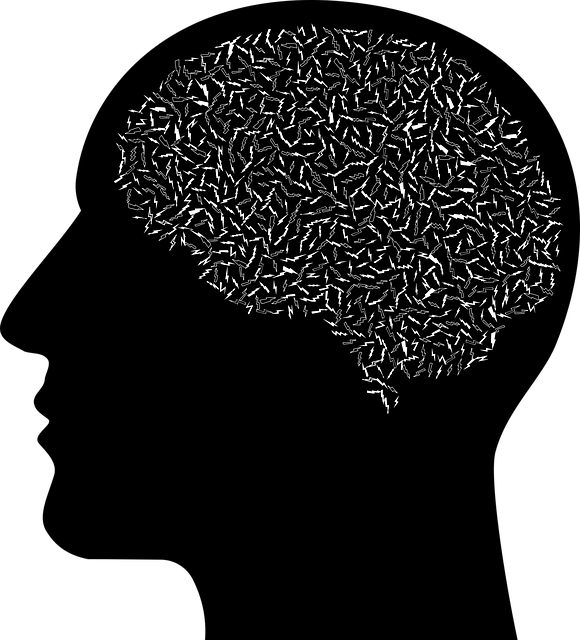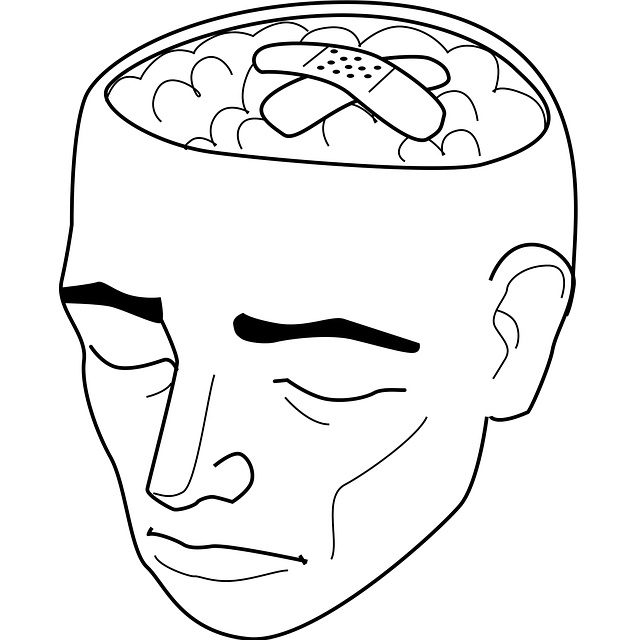Westminster Therapy for Therapists-Clinicians offers comprehensive, personalized education focused on biological, psychological, and socio-cultural aspects of mental health. Their program includes advanced therapeutic techniques, policy analysis, self-awareness exercises, community outreach, stress reduction, and risk management planning. Through immersive, interactive sessions with case studies and group discussions, Westminster enhances skills in diverse client populations and promotes cultural sensitivity. Self-care routines and continuous evaluation through policy analysis, feedback, and journaling drive improvement while reducing stigma, making them a leader in mental health education.
Mental health education is a cornerstone of comprehensive therapy practices, with effective programs empowering therapists and clinicians to better support clients. This article explores the art and science of designing such programs in Westminster Therapy, focusing on tailored learning experiences that cater to diverse needs. We’ll delve into foundational knowledge, curriculum development, implementation strategies, and evaluation methods, offering insights for professionals aiming to enhance mental health literacy and improve client outcomes through evidence-based education.
- Understanding Mental Health: Setting the Foundation for Effective Education
- Target Audience and Individualized Learning Needs
- Curriculum Development: Core Components of a Comprehensive Program
- Implementation Strategies: Engaging Therapists-Clinicians in Active Learning
- Evaluating Success and Continuous Improvement in Westminster Therapy
Understanding Mental Health: Setting the Foundation for Effective Education

Understanding Mental health is a cornerstone in designing effective education programs, particularly for therapists and clinicians. At Westminster Therapy, we recognize that mental wellness is a complex and multifaceted aspect of human life, influenced by biological, psychological, and socio-cultural factors. Therefore, our education initiatives focus on providing a comprehensive view of mental health, breaking down stereotypes, and fostering empathy among professionals.
This foundation involves equipping therapists with the knowledge to recognize various mental health conditions and understand their impact on individuals’ lives. Through self-awareness exercises, professionals can develop personal insights, which are crucial for effective client communication. Additionally, implementing community outreach programs allows for a broader understanding of mental health in diverse populations. Equally important are communication strategies that enable therapists to create safe, non-judgmental spaces for clients, encouraging open dialogue and fostering trust.
Target Audience and Individualized Learning Needs

The design of a mental health education program must carefully consider its target audience, which in this context includes therapists-clinicians already engaged in the field. These professionals have diverse backgrounds and levels of expertise, from seasoned practitioners to newer members of the workforce. Therefore, an effective program should offer individualized learning paths catering to different needs. Some may require advanced skills in specific therapeutic techniques, such as cognitive behavioral therapy or mindfulness practices, while others might focus on staying current with the latest mental health policy analysis and advocacy efforts. Integrating stress reduction methods and resilience-building strategies is also vital to support these therapists’ well-being, ensuring they can effectively serve their clients.
By acknowledging these varied needs, programs can leverage Westminster Therapy principles to create a comprehensive learning experience. This approach not only enhances the knowledge and skills of participants but also fosters a supportive community where peers can learn from one another. Customized learning tracks, case studies relevant to their practice, and opportunities for peer-to-peer feedback and collaboration are key elements in meeting these individualized needs.
Curriculum Development: Core Components of a Comprehensive Program

A well-designed mental health education program should incorporate a robust curriculum that addresses key aspects of therapist and clinician training. At Westminster Therapy, we believe in creating comprehensive programs that equip professionals with the necessary tools to support their clients’ mental wellness effectively. The core components include an in-depth exploration of various therapeutic modalities, fostering an understanding of diverse client populations, and integrating evidence-based practices. By combining theoretical knowledge with practical skills, these programs empower therapists to deliver compassionate and skilled care.
Risk management planning for mental health professionals is a critical element that should be woven throughout the curriculum. Equipping therapists with strategies to navigate challenging situations and maintain professional boundaries ensures a safe and supportive environment for both practitioners and clients. Additionally, incorporating positive thinking exercises and mental wellness journaling guidance can enhance self-care practices among professionals, allowing them to model healthy coping mechanisms for their patients.
Implementation Strategies: Engaging Therapists-Clinicians in Active Learning

Engaging therapists and clinicians in active learning is a strategic approach to enhance their skills and knowledge. Westminster Therapy programmes focus on creating interactive and immersive environments where professionals can participate in hands-on activities, case studies, and group discussions. This method promotes deeper understanding and encourages critical thinking about various therapeutic techniques. By actively involving these experts in their own education, the process becomes more dynamic and effective.
Incorporating cultural sensitivity in mental healthcare practice is a key aspect of these programmes. Westminster ensures that educators and participants explore diverse perspectives and address the unique needs of different communities. Additionally, self-care routine development for better mental health is emphasized, as it’s crucial for therapists to maintain their well-being. Effective stress management techniques are also integrated into the curriculum, recognizing that professionals must be equipped to handle their own challenges while supporting others.
Evaluating Success and Continuous Improvement in Westminster Therapy

Evaluating Success and Continuous Improvement at Westminster Therapy for Therapists-Clinicians is a multifaceted process that goes beyond mere patient satisfaction scores. It involves a comprehensive Mental Health Policy Analysis and Advocacy approach, integrating feedback from both clients and therapists to forge an adaptive learning environment. By fostering open communication and encouraging self-reflection through Mental Wellness Journaling Exercises, the program identifies areas of strength and weakness, ensuring continuous improvement in service delivery. This dynamic methodology not only enhances therapeutic outcomes but also plays a pivotal role in reducing the stigma associated with mental illness, making Westminster Therapy a beacon of progress in the field.
Mental health education programs, like those designed for therapists and clinicians at Westminster Therapy, should be comprehensive, individualized, and engaging. By understanding mental health foundationally, tailoring content to diverse learning needs, and employing innovative curriculum development strategies, such programs can significantly enhance clinical practice. Active learning through practical implementation, alongside regular evaluation and continuous improvement, ensures these initiatives remain impactful. Through these efforts, Westminster Therapy is revolutionizing mental health education, fostering better-equipped practitioners who, in turn, support the well-being of their clients.














